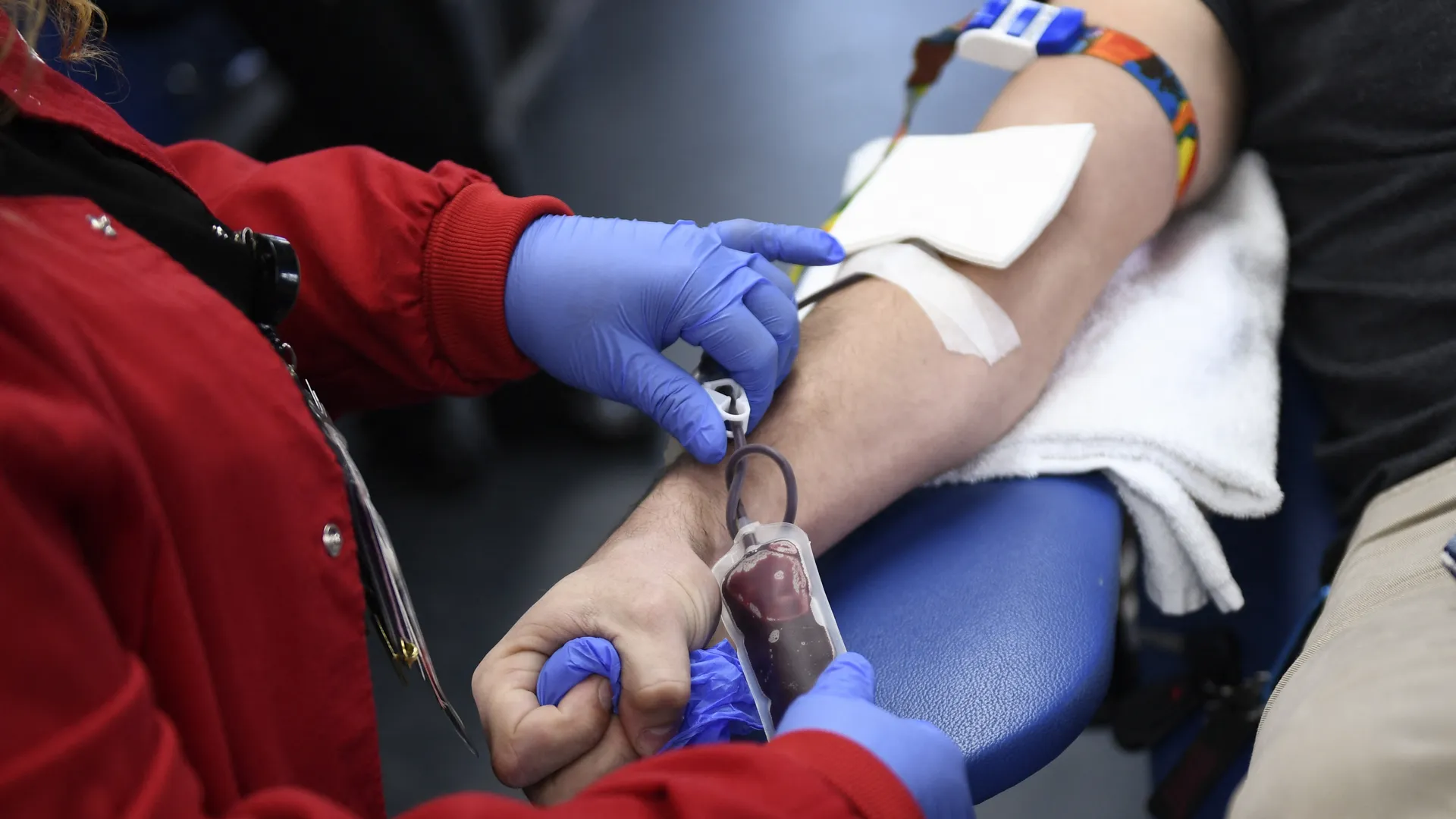CANBERRA, Australia — In a landmark decision, Australia is set to lift long-standing rules that effectively barred many sexually active gay and bisexual men, as well as some transgender individuals, from donating blood and plasma.
This progressive move, following similar changes in the UK and US, will begin to be implemented next month.
Notably, Australia will become the first country globally to entirely remove all sexual activity-based restrictions on plasma donation, as confirmed by the national blood donation service, Lifeblood.
The new regulations, approved by the country’s health products regulator, are estimated to expand the national blood donation pool by approximately 625,000 individuals.
Rodney Croome, from the “Let Us Give” campaign which advocated for these reforms, welcomed the decision, stating: “Australian lives will be saved by of this overdue and important decision.”
Jo Pink, Lifeblood’s Chief Medical Officer, hailed the changes as a significant milestone, emphasizing that while “Blood safety is and always will be our top priority,” the previous rules “have been very difficult for many people in the LGBTQIA+ community… we know that they’ve contributed to the stigma faced by [them].”
Previously, men who had sex with men, transgender women who had sex with men, sex workers, and women who had sex with bisexual men were all subject to a three-month deferral period for blood or plasma donation.
Under the revised guidelines, most individuals in a sexual relationship of six months or more with a single partner will now be eligible to donate blood, irrespective of their gender or sexuality.
A key change in the new rules is that Lifeblood will no longer specifically inquire if men have had sex with men in the previous three months. Instead, a standardized question for all prospective donors will be whether they have had anal sex with new or multiple partners.
If the answer is affirmative, a three-month waiting period will apply for blood donation, though eligibility for plasma donation remains unaffected.
Furthermore, individuals taking HIV prevention medication (PrEP) will also gain eligibility to donate plasma, although they will still be deferred from whole blood donation. The only remaining groups ineligible to donate plasma are those with HIV, or those with a partner living with HIV.
The new plasma donation rules are slated to come into effect on July 14, with the updated approach to whole blood donations anticipated for implementation sometime in 2026.
Research conducted by Lifeblood, in collaboration with the University of New South Wales’ Kirby Institute, has demonstrated that these rule changes will not compromise the safety of the nation’s blood and plasma supply.
Plasma, in particular, undergoes a process called pathogen inactivation, which effectively filters out viruses and bacteria, significantly reducing the risk of infection transmission to patients.
With global demand for plasma at an all-time high and continuing to rise, including within Australia, Lifeblood hopes these changes will provide a much-needed boost to supplies. However, Sharon Dane, a researcher with the “Let Us Give” campaign, acknowledged the positive nature of the changes but suggested they do not yet represent global best practice and could be confusing.
“It appears Lifeblood and the TGA are taking a more conservative approach to whole blood donation, relative to other countries like the UK, Canada and the US,” Dane stated.
She pointed out that; “Those countries only require three months of a monogamous relationship if engaging in anal sex, instead of the six months proposed by Lifeblood.”


